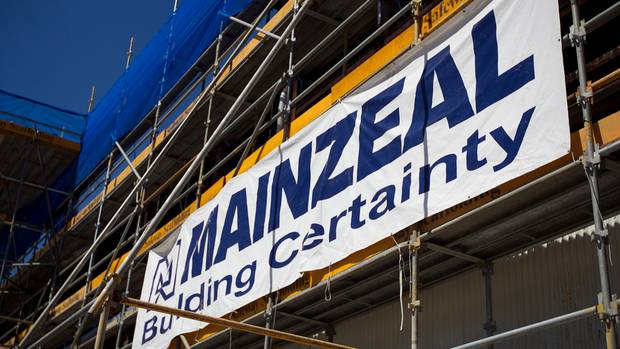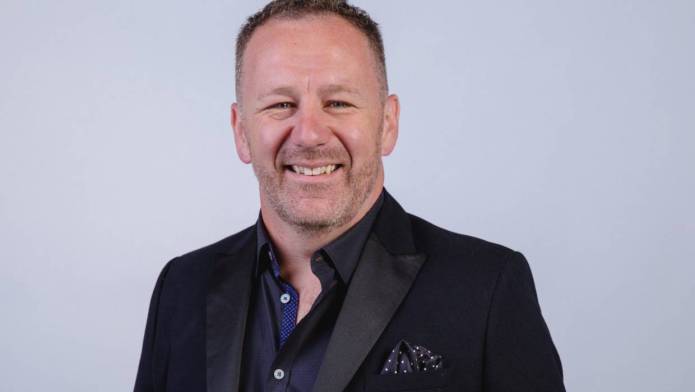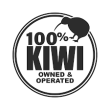PHOTO: “A decade ago (in the U.S.), agents on teams comprised about 10% of the total agent population, and today, it’s approximately 40%”
Doug Danzey considers himself a natural trainer and mentor. So, as he found himself increasingly assisting new agents, he made the decision to integrate his mentorship work into his real estate business, thus giving birth to The Cobalt Group.
Danzey, whose team operates under the eXp Realty brokerage in Massachusetts, remarked, “I saw the direction things were going, and I thought it only made sense for menfl apparel braided wigs cheap human hair wigs custom apparel best couples sex toys nike air jordan 6 retro custom football jerseys adidas yeezy 450 custom jersey maker nike air max shoe best sex toys nike air jordan mens shoes wigs for women jordan nike air nike air max on sale mens to form a team and get compensated for the work I was doing.”
Today, The Cobalt Group, based in Massachusetts, consists of its core team of agents functioning as a traditional real estate team. Still, it also includes independent agents operating under the group’s overarching umbrella—a key characteristic now widely referred to as “teamerages” in the real estate industry.
Steve Capezza, President of the white-label brokerage, Side, asserts, “Our thesis is that teamerages represent the future.”
But what precisely defines a teamerage, and how does it differentiate itself from a standard real estate team? The answer depends on who you ask.
The defining trait of a teamerage? Leads, leads, and more leads. Some, like Steve Murray, Co-founder of RealTrends Consulting, believe that a team can only be labeled as a teamerage if it functions as an independent or franchise-based standalone real estate brokerage that operates like a traditional team.
Murray stated, “I don’t really acknowledge teamerages. If a team departs from a major brokerage to establish itself as a standalone brokerage, then they essentially become an independent brokerage. They may continue to operate their internal affairs like a team, but that is simply their operational model.”
REVEALED: ‘MOVERS AND SHAKERS’ of the NZ real estate industry | 2023
However, others argue that teamerages can exist within franchise or national brokerages, such as eXp Realty or Side.
Michael Ward, Head of Teamerage at Keller Williams, noted, “Teamerages can offer independent agents all the benefits of a team while allowing them to retain their individuality. Independent agents see this as an opportunity to access leads and strategic coaching. It’s about nurturing the agent of the future through hands-on engagement, but without the specific cultural focus that many traditional teams possess.”
Despite varying perspectives, most agree that teamerages offer their agents more comprehensive training, mentoring, and services—such as transaction coordination, listing management, compliance, marketing, CRM systems, and other technology tools—compared to most traditional brokerages. Most importantly, teamerages often provide their agents with leads, which can be acquired from lead aggregators like Zillow or Realtor.com or generated through the team leader’s own lead generation activities.
Doug Walters, CEO of Orlando-based Robert Slack Group, remarked, “Many people identify a teamerage by their ability to provide some form of lead support. We have multiple lead sources, constantly changing from what we call a CPL model, or cost per lead model, where we purchase leads or operate on referral leads.”
Who are the ‘MOVERS AND SHAKERS’ of the NZ real estate industry?
Leads are a significant driving force behind the popularity of the teamerage model and why agents continue to join such teams, proponents assert.
Walters added, “With us, our agents have multiple lead sources, they learn which ones they excel at converting, and they are willing to sacrifice some margin to continue funding these leads because being out there as an independent agent or at a brokerage without lead support can be challenging.”
The Robert Slack Group, which currently boasts 725 agents, is gaining approximately 30 agents each month, reflecting similar growth trends seen across the industry.
According to Keller Williams, 330 out of their 798 market centers operate using the teamerage model, with an additional 209 market centers in the process of transitioning into teamerages.
Gary Keller, Co-founder of Keller Williams, mentioned, “A decade ago, agents on teams comprised about 10% of the total agent population, and today, it’s approximately 40%.”
Special Offer – Profile your business online for 12 months | www.propertynoise.co.nz EST. 2015
Keller attributes this shift to the pivotal role leads play in the proliferation of teams within Keller Williams. He noted, “It doesn’t take more than five or six closings a month, where you are collecting a lead generation fee, and then you are on a big 50% split for that agent. They’ll do this all day long for a good lead.”
Between 2021 and 2023, the number of verified team submissions to the annual RealTrends rankings surged by 39%, totaling 11,630 submissions.
Greater Profit Margins and Well-Trained Agents
Many attribute the model’s popularity to its significantly higher profit margins compared to the traditional brokerage model, where margins typically hover around 3%. In contrast, teamerage profit margins, sources claim, typically range from 10% to 20%.
Michael Ward emphasized, “When you examine the trend of declining margins in traditional brokerages over the years, it becomes clear why teams have gained popularity.”
Additionally, teamerages provide agents with services and training that many brokerages no longer offer. This allows brokerages to outsource mentorship and tools to team leaders while still benefiting from better-trained and equipped agents.
Real Estate Agents: Who has the lowest and highest fees? WATCH
Ryan O’Neill, leader of the Minnesota Real Estate Team at RE/MAX Advantage Plus, explained, “We cover various essential topics, such as how to secure more listings, enhance buyer interactions, employ effective social media strategies, and manage finances for a real estate business. These practical insights help our agents conduct more business, increase earnings, and optimize their time.”
Steve Murray believes that comprehensive training and mentorship should be a standard for all agents. He stated, “When I see new agents fresh out of licensing, I wonder who is training and mentoring them for actual transactions. To improve agent quality, the industry should transition towards a team model.”
However, Murray remains unconvinced that teamerages are a requisite for a brokerage’s future success. RealTrends data reveals that, between 2011 and 2022, the top 250 individual agents increased their per-person closed transaction count by 13.9%, while the top 250 teams saw a staggering 405.4% increase. Nevertheless, the gap narrows when examining sales volume, with the top 250 agents experiencing a 257.3% increase and the top 250 teams growing by 288.9%. Furthermore, the average price of homes sold by the top 250 agents surged by 761.6%, while the average price of homes sold by the top 250 teams decreased by 23.1%.
SPONSORED: Looking for a real estate database from $99 plus gst? | SALE
Murray concluded, “I don’t think embracing teams is essential for brokerage success. It may limit your size and growth, but I believe you can still succeed without teams. Individual agents are handling more high-value transactions than teams. Teams tend to focus on lead generation, typically in mid-level retail. Clients with higher-priced homes usually have established relationships with agents and don’t typically search for agents online.”
Chris Suarez, Co-founder of venture-backed PLACE, the nation’s largest mega team per RealTrends rankings, contends that teams have the potential to work with high-end clients. He remarked, “Many times, these teams start with newer agents because the team owner hasn’t developed a value proposition to attract experienced agents. At PLACE, we have teams with an average sales price exceeding $1 million or even $2 million. We also collaborate with luxury teams. Our experience has not naturally been limited to mid-level retail
SOURCE: HOUSING WIRE

















